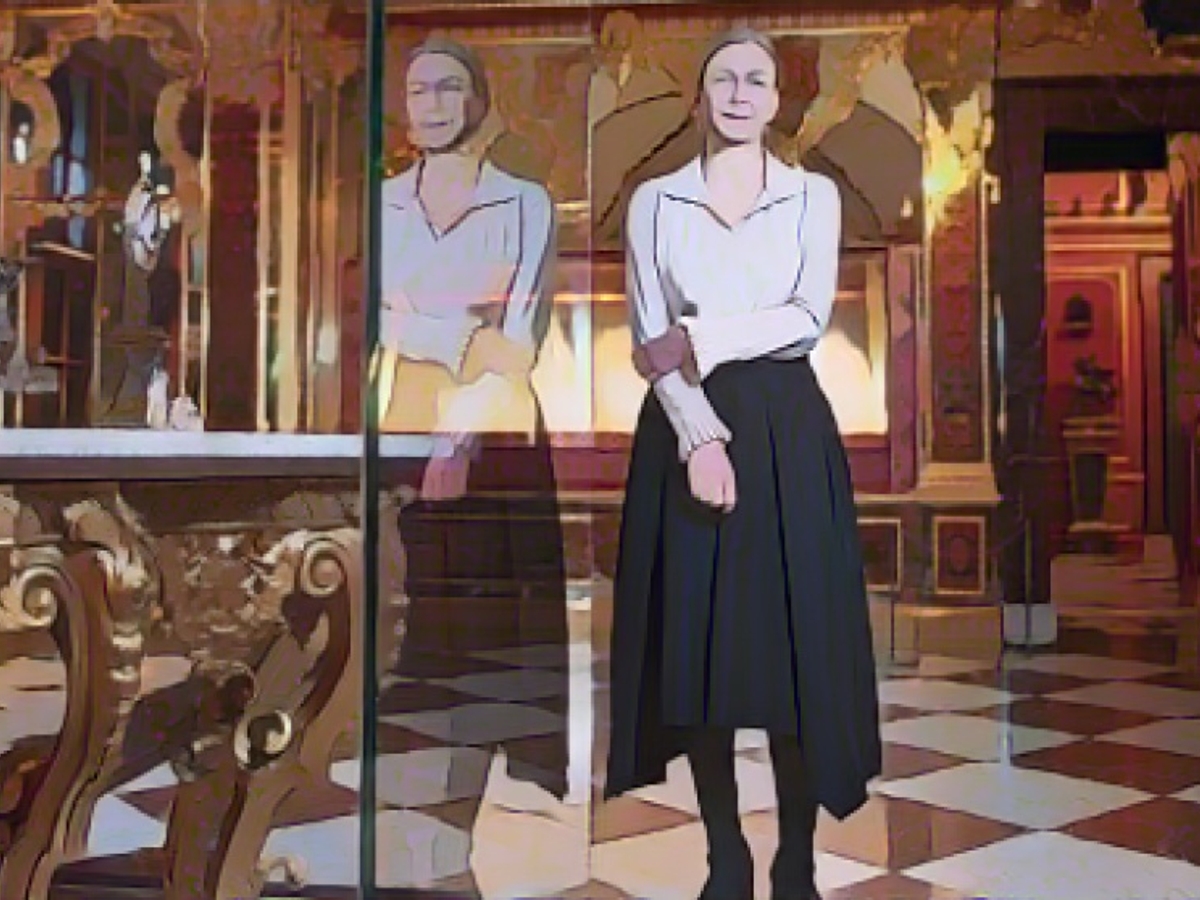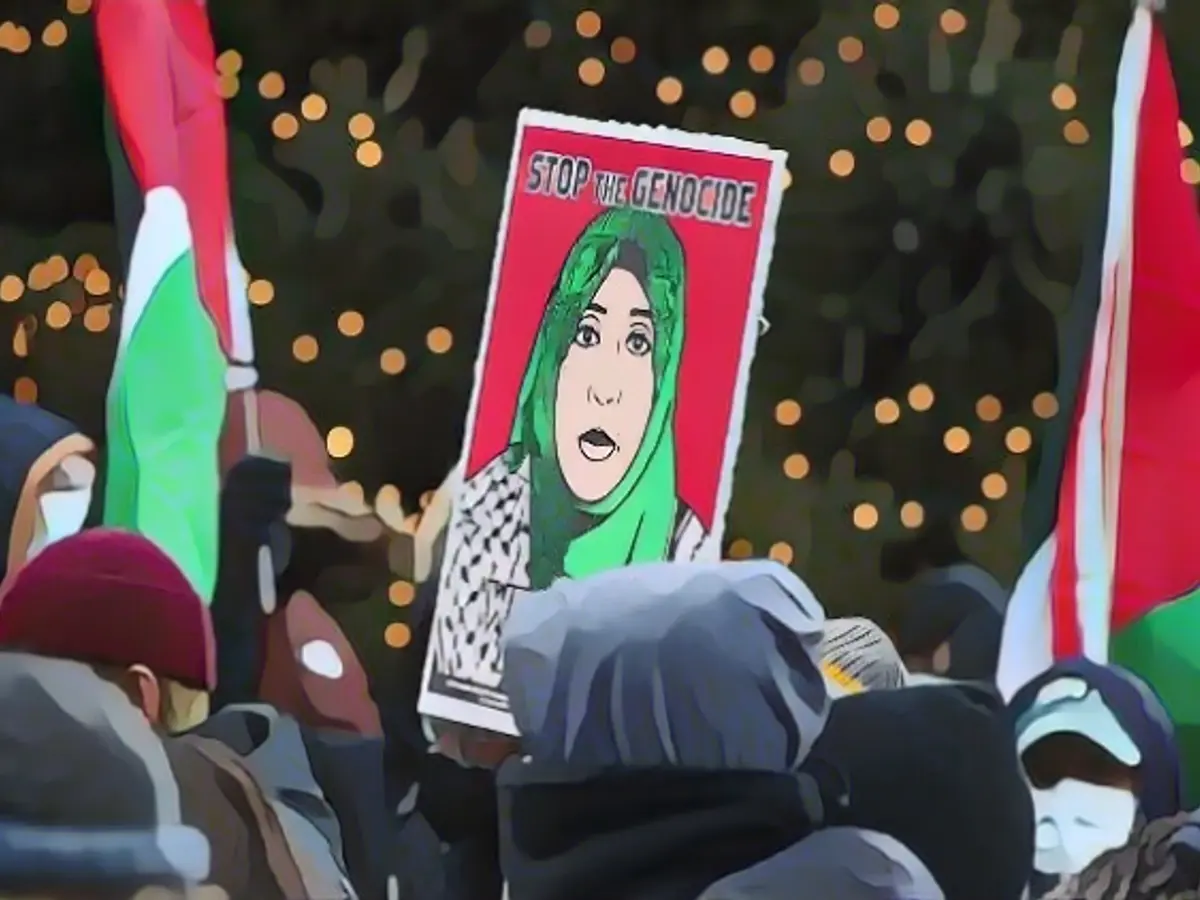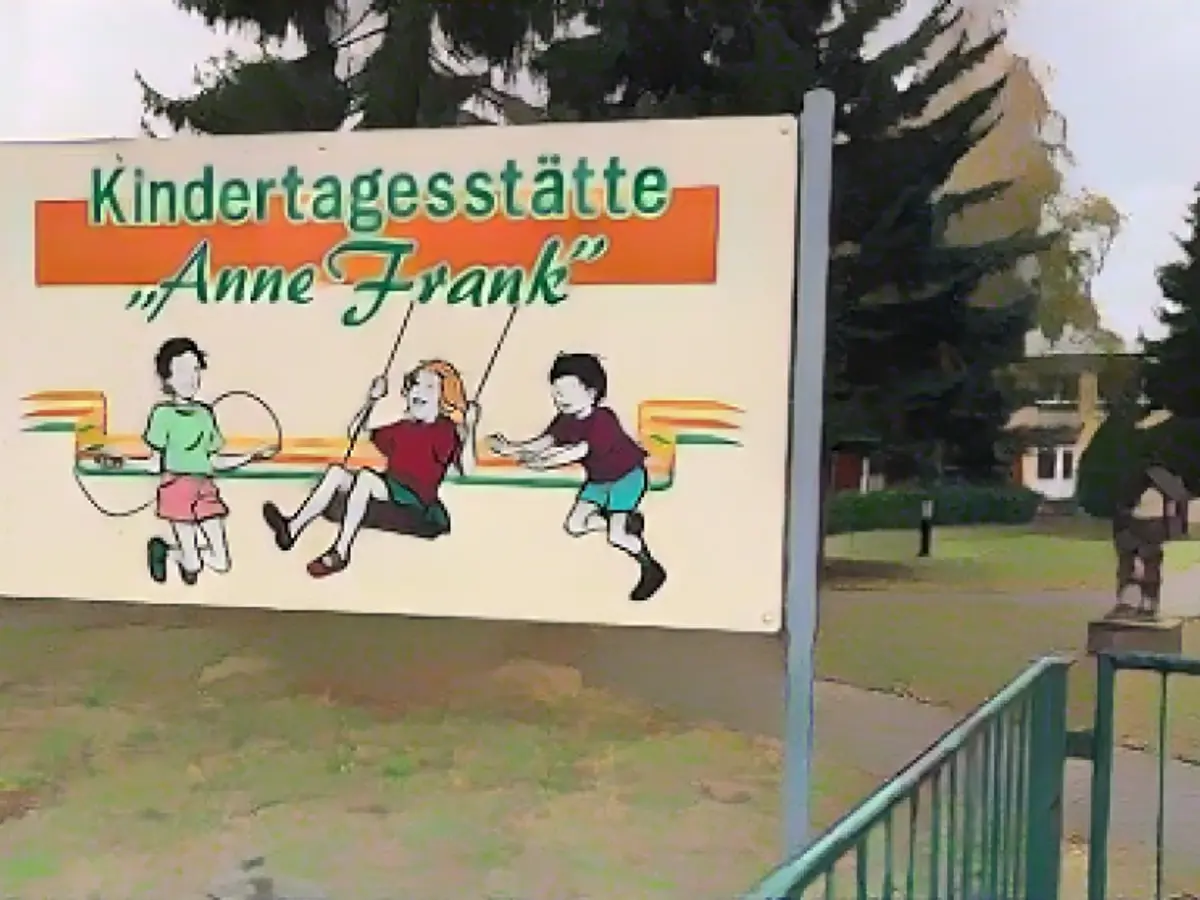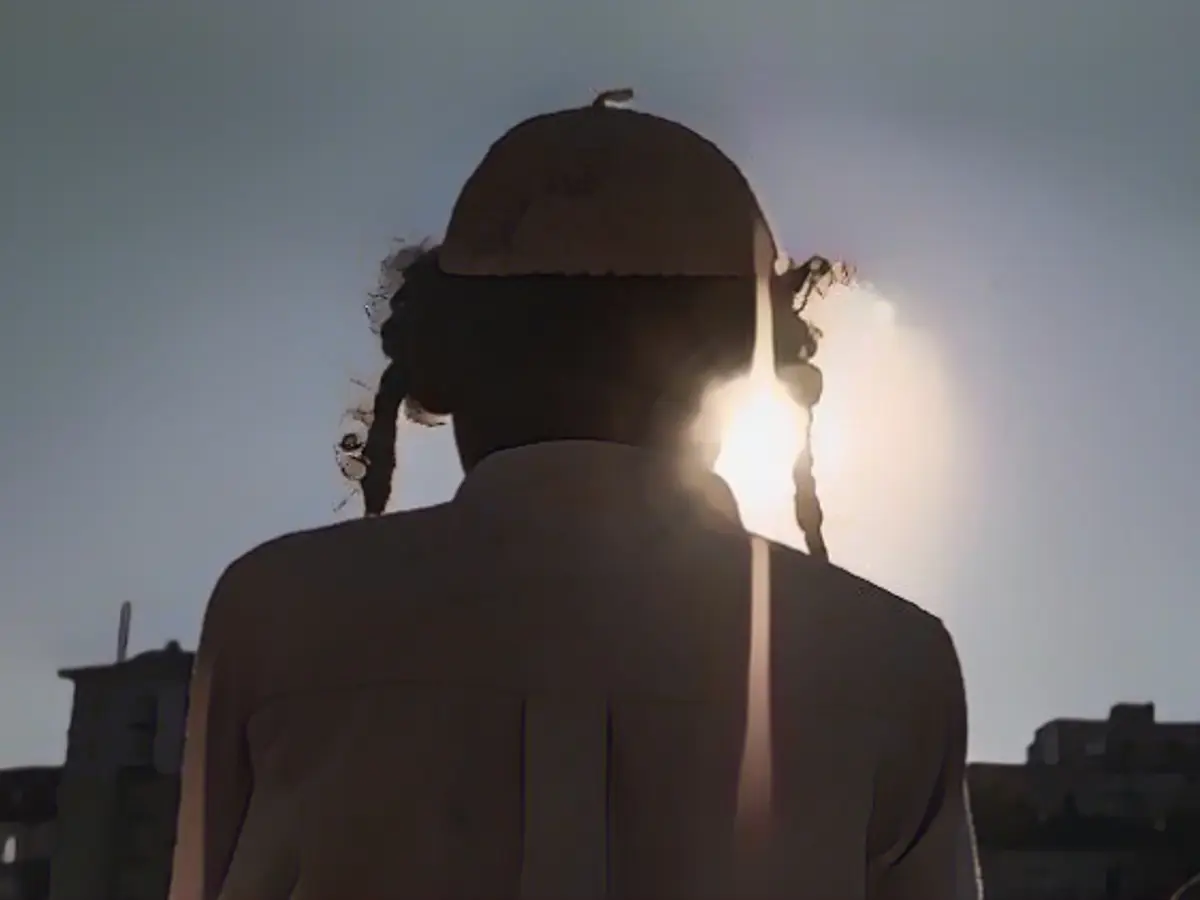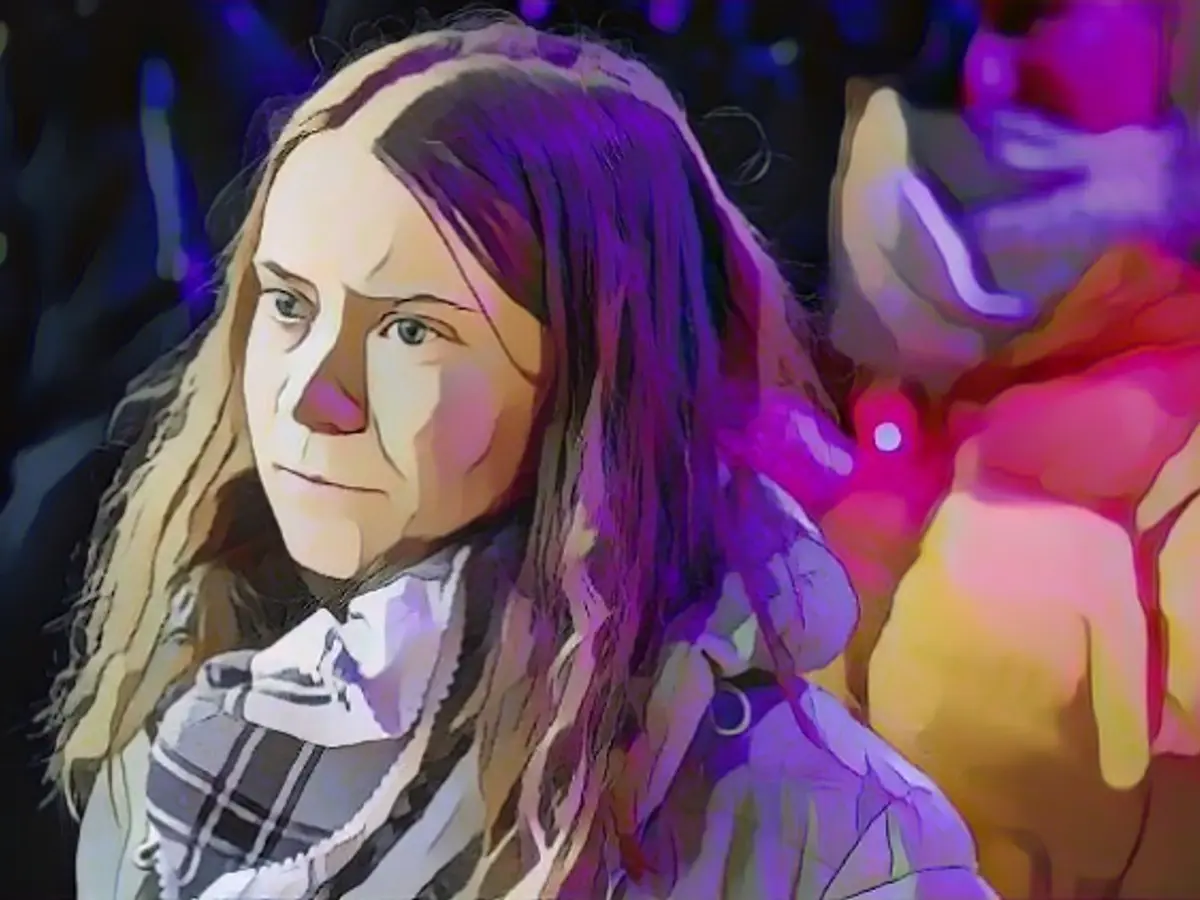Title Switch-Up at the SKD: Peasant Fests Now Preferred Over Gypsy Events
When news broke out about the renaming of a popular festival two years ago, a wave of public outrage ensued. An initiative to amend the name garnered over 8,000 signatures and prompted the submission of an official petition to the Saxon state parliament. The process remains ongoing today.
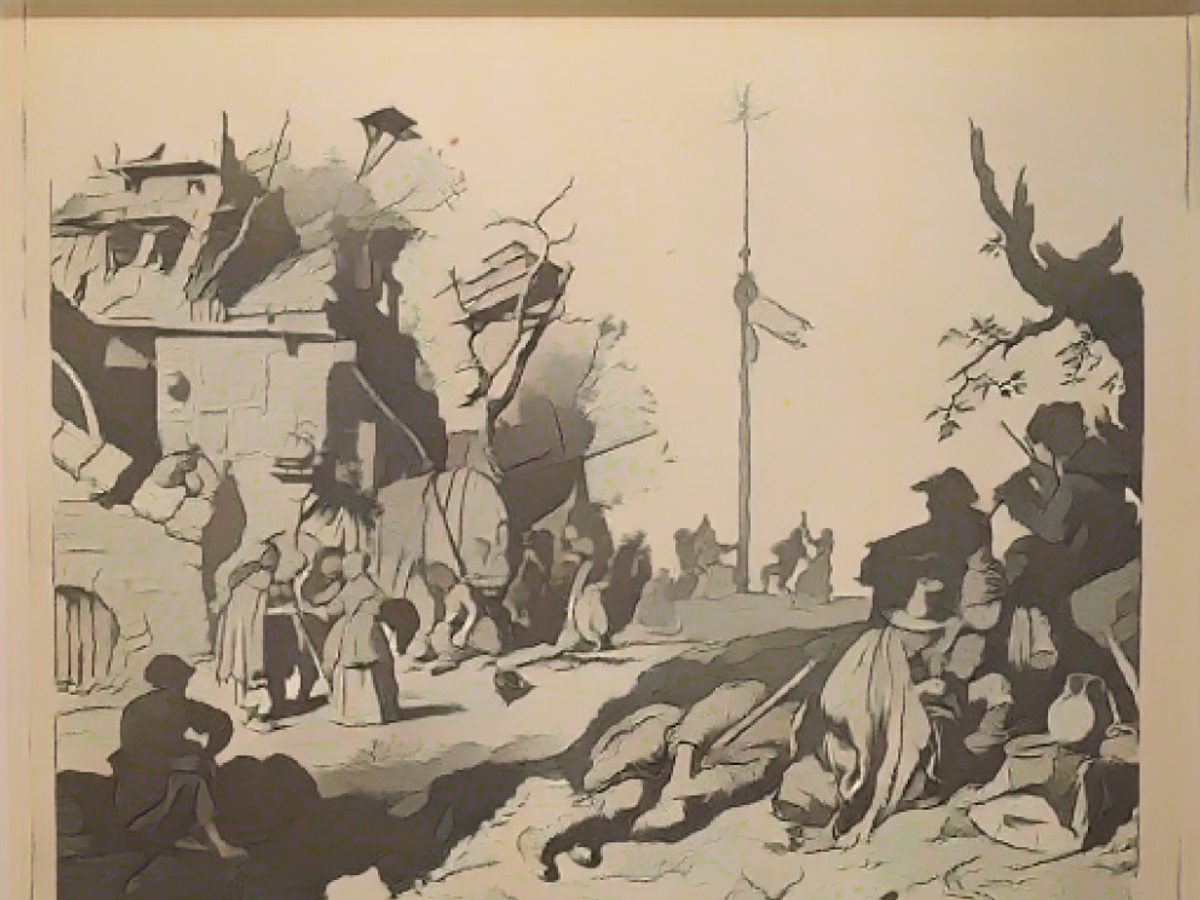
SKD Language Police at it Again
Rumors have spread that the SKD (Staatliche Kunstsammlungen Dresden) is carrying on with its practices, even in hidden corners. The "Gypsy Festival" etching by Dutch master Willem de Heer (1638-1681) underwent a massive transformation and now goes by the name: "Multi-figure scene of a peasant festival, figures dancing under a maypole in the background." Pieter Jacobsz van Laer's (1582-1642) piece experienced a similar fate, now being known as "A poor family at a fireplace, sitting in front of a ruin, a horse in the background on the right."
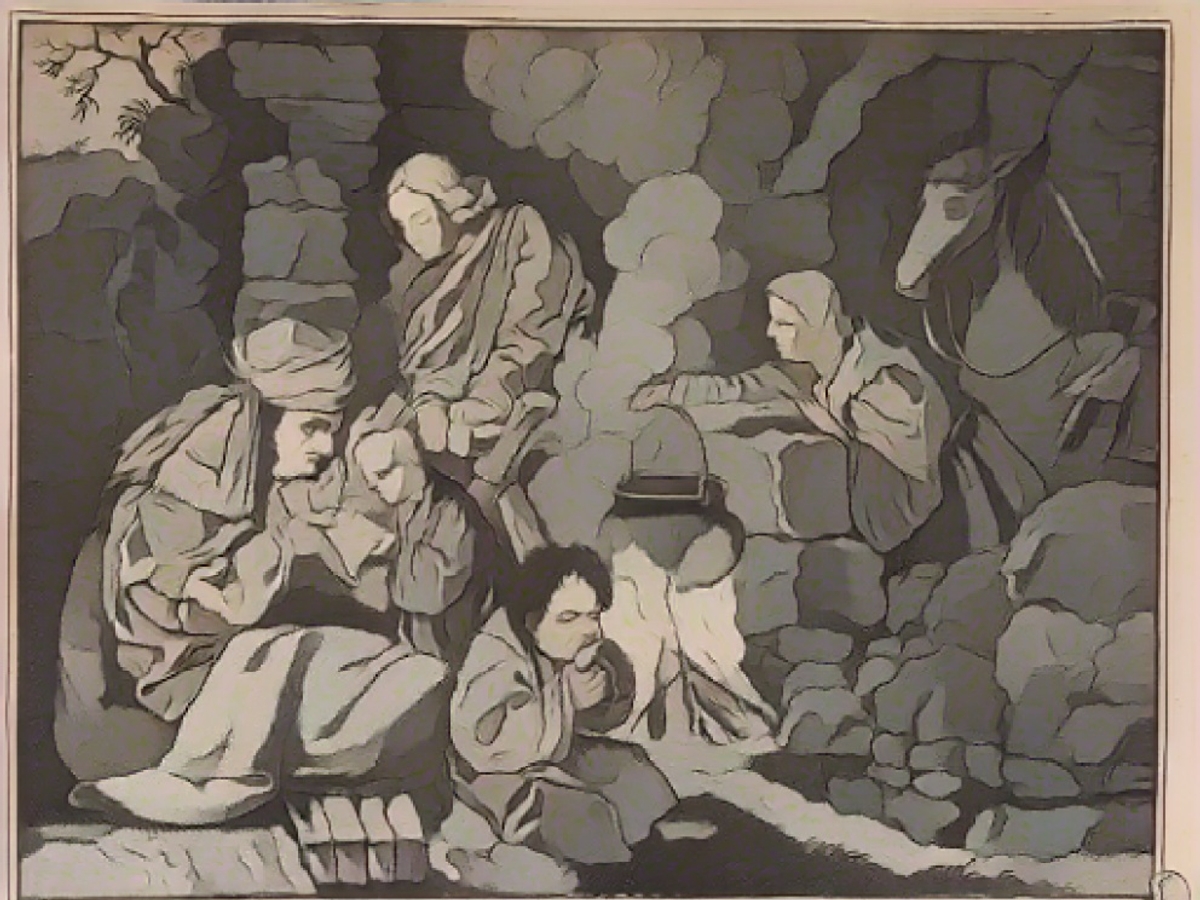
Renamed Titles
Previously-used terms like "tribe," "idols," and "Indians" have been given the boot. A group of twelve illustrations, which were formerly referred to as "Dancing Indians in front of an idol," are now referred to as "Drummers and dancers." The description of "Group of the Puri tribe crossing the forest in Brazil" has been replaced with "Group of the Puri crossing the forest, Brazil."
Justifying the Changes
The SKD claims that titles such as "Negro," "Moor," "Gypsy" should be avoided, as they carry a pejorative meaning. They argue that language continually evolves, and the term "tribe" is considered an "ethnological foreign term or abbreviated German translation of an indigenous social structure."
Torsten Küllig (55), the initiator of the state parliament petition, is shocked by these developments. "Not only the works, but also their titles reflect the era in which they were created. We are castrating art history in the process," he contends.
Politicians Join the Fray
The controversy has caught the attention of politicians as well. "We, as the CDU parliamentary group, believe that the information and documentation activities of the SKD must preserve terms, presentation methods, and so on, from past eras," remarked the office of CDU parliamentary group leader Christian Hartmann (48).
- Renaming efforts provoke intense debate: Is the castration of art history necessary for cultural sensitivity and historical justice or an act of censorship and historical distortion?
- German artists and cultural institutions respond: Critics argue that renaming works could erase historical context, homogenize cultural heritage, or face accusations of censorship, while supporters view it as a public responsibility to reevaluate historical values and promote inclusivity.
- Ripples in regional news headlines: The Leipzig and Dresden regional newspapers have thoroughly covered this evolving story, sparking broader discussions on historical representation, cultural sensitivity, and the role of art in society.
- Debates re-ignite worldwide deliberations on historical representation: The controversy serves as a reminder that similar discussions about cultural sensitivity, historical context, and representation are happening globally to address issues with racial or prejudiced representations in artworks.
- International landscapes in the balance: The SKD's renaming efforts are reflective of larger, international trends among museums and cultural institutions, as they aim to address historical injustices with cultural sensitivity.
